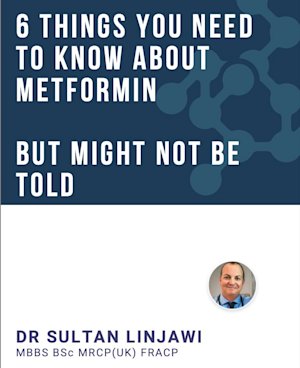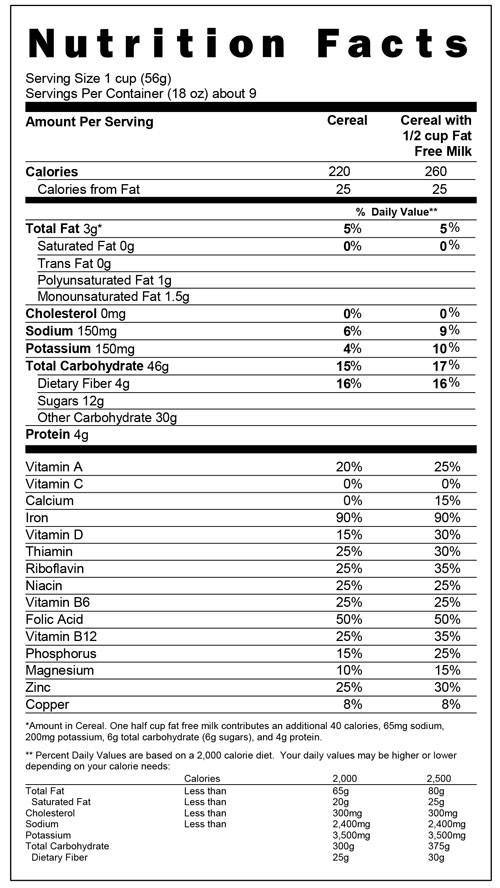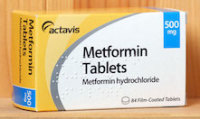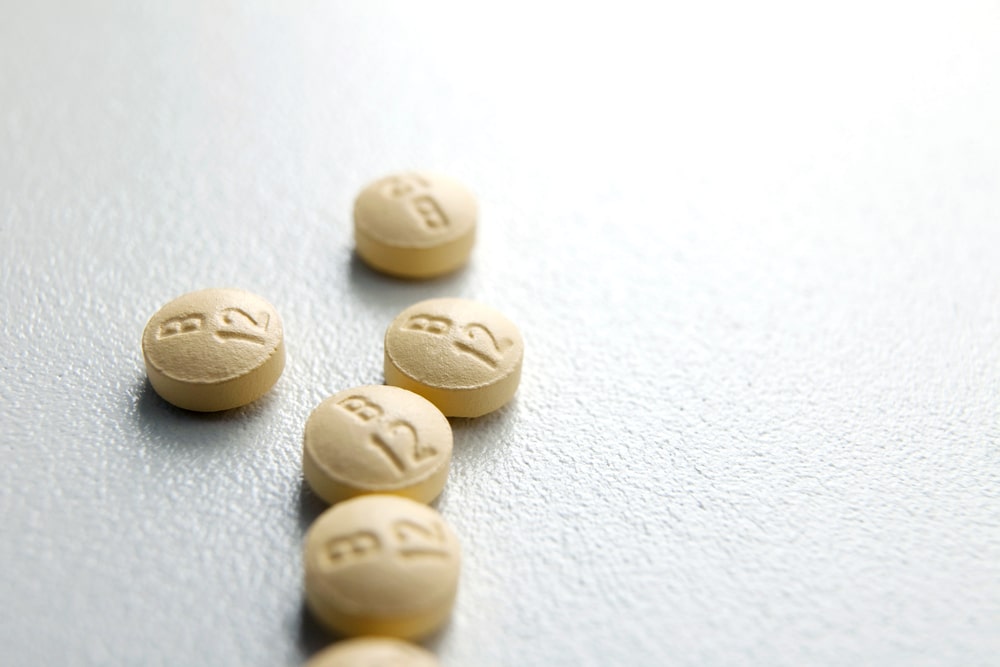Vitamin B12 Deficiency and Diabetes
Medically reviewed by Dr Sultan Linjawi, Endocrinologist & Diabetes Specialist — January 2026

Vitamin B12 is really important. Insufficient amounts result ultimately in a range of disorders such as types of anaemia and neuropathy (nerve-related problems) especially in our hands and feet. Long-term depletion is now being linked with Alzheimer’s disease. It also occurs in milder forms with symptoms such as tiredness, weakness, insomnia, depression, or loss of mental sharpness.
How many people are deficient?
About 1.5% of the general population is estimated to have a deficiency of B12 but this figure increases sharply with age to about 6%.
Approximately 90% of people who follow a vegan or vegetarian diet are deficient in vitamin B12 (The prevalence of cobalamin deficiency among vegetarians assessed by serum vitamin B12: a review of literature).
So, what has this got to do with diabetes?
Well, quite a lot actually. Although a diagnosis of diabetes does not necessarily mean that you will have a B12 deficiency, it does make you more susceptible under certain circumstances. Let’s find out why this might happen, but first we’ll start off with what is vitamin B12.
What is vitamin B12?
Vitamin B12, also called cobalamin, is a water-soluble vitamin. It works closely with folate, another B vitamin, and they depend on each other for activation, so they can carry out their necessary functions in the body.
What is the function of B12?
There are a few main functions of vitamin B12. Vitamin B12 helps with:
- Formation of new red blood cells
- Maintain nerve cells
- Breakdown some fatty acids and amino acids
How is vitamin B12 absorbed?
Vitamin B12 is absorbed in our small intestines.
In order for vitamin B12 to be absorbed, it binds with an important protein called intrinsic factor. Intrinsic factor is produced in the stomach. Without intrinsic factor, B12 would not be able to be absorbed.
When vitamin B12 and intrinsic factor bind, it is called the vitamin B12-intrinsic factor (B12-IF) complex (Intrinsic Factor and Vitamin B12 Absorption).
How do you become deficient in vitamin B12?
There are a number of ways that someone may develop a vitamin B12 deficiency. The most common causes of vitamin B12 deficiency are due to pernicious anaemia and inadequate intake and absorption. Vitamin B12 is also stored in the liver and deficiency may occur due to an issue with storing B12.
Pernicious anaemia
Vitamin B12 plays an important role in the development of new red blood cells. When there is not enough B12 then the body is unable to make new red blood cells. This leads to a condition called anaemia.
Pernicious anaemia is an autoimmune condition that prevents the binding of vitamin B12 with intrinsic factor and is a common cause of vitamin B12 deficiency. People who develop pernicious anaemia have difficulty absorbing vitamin B12 from their food because the vitamin B12-intrinsic factor complex doesn’t form.
If left untreated, pernicious anaemia can be fatal, although it may take years for death to occur. In fact, “pernicious” means “gradual harm.” However, pernicious anaemia is easily treated with vitamin B12 supplements.
What causes inadequate consumption of vitamin B12?
Inadequate consumption of vitamin B12 is often due to dietary choices, for example vegans and vegetarians. People who are vegan are more likely to become deficient in vitamin B12 as they consume no animal products. People who are vegetarian consume no meat but may consume other vitamin B12 containing animal products (milk, cheese, and eggs). Vegetarians are still at risk of developing a B12 deficiency.
In most other people, deficiency due to inadequate consumption of vitamin B12 is unlikely.
What causes inadequate absorption of vitamin B12?
Food cobalamin malabsorption is used to describe vitamin B12 deficiency that occurs regardless of whether a person consumes normal dietary levels of B12 in food. It is especially common in older individuals, occurring in more than 20% of the elderly population (Vitamin B12 (cobalamin) deficiency in elderly patients). There are a number of conditions that may result in this form of B12 deficiency:
- gastric surgery
- absence of stomach acid due to chronic use of some medications including antacids
- chronic H. pylori infection
- chronic excess alcohol use
- pancreatic insufficiency
- intestinal bacterial overgrowth
Gastrectomy/ bariatric surgery and gastritis
Causes of food cobalamin malabsorption can be directly related with the stomach:
- Bariatric surgery – it can depend on the type of procedure and what area of the stomach or intestines are removed
- Gastrectomy – removal of part or all of the stomach
- Gastritis – inflammation of the stomach lining
Gastrectomy, bariatric surgery, and gastritis cause vitamin B12 deficiency due to an absence of stomach acids that help to remove vitamin B12 from food proteins, for example red meat. This also results in the reduced production of intrinsic factor which can then interfere with vitamin B12 absorption.
Interactions with medications
Some medications can interfere with vitamin B12 malabsorption:
- Metformin
- Medication for reflux eg Omeprazole (Losec), Pantoprazole (Somac), Esomprazole (Nexium)
- Cimetidine and Ranitidine
- Neomycin
If you’re starting metformin — or you’ve been taking it and still feel unsure about it — Dr Sultan has created this clear, practical guide to help you understand what it’s doing and what to expect.
Disorders affecting the small intestines
Some disorders can interfere with absorption of vitamin B12 absorption in the small intestines. These include:
- Inflammatory bowel disease
- Coeliac Disease – especially if the individual isn’t following a strict gluten free diet
- Pancreatic insufficiency – Pancreatic enzymes help to release vitamin B12 from the foods that we eat. This process can be impaired when the pancreas does not produce enough digestive enzymes.
- Removal of part of the small intestines, for example due to inflammatory bowel disease like Crohn's disease.
As you can see most of the causes are a result of not being able to absorb B12 in the first place and not actually from intake itself.
What causes inadequate storage of vitamin B12?
Vitamin B12 is stored in the liver. If a person has a liver disorder, for example liver disease, then the liver is unable to store vitamin B12 and this can lead to a B12 deficiency.
The liver is able to store large amounts of B12. Vitamin B12 stores in the liver can take between 3-5 years to be completely depleted.
How do people with diabetes become deficient in vitamin B12?
Type 1 diabetes
Those with type 1 diabetes are at a higher risk for other autoimmune disorders such as Coeliac disease or thyroid problems. They are also at higher risk of developing pernicious anaemia, a condition where antibodies are produces against the carrier of vitamin B12 in the gut, intrinsic factor. This increase the likelihood of B12 deficiency as vitamin B12 is not protected as it passes through the gut.
Type 2 diabetes
In type 2 diabetes, metformin therapy is associated with B12 deficiency, resulting in a 10% higher risk of developing B12 depletion. Metformin use and risk of B12 deficiency increases with the dose and the duration… depletion can be seen as early as 3-4 months after starting so it is important to attend for follow up blood tests and talk to your doctor.
Metformin and Vitamin B12 deficiency
Reduced absorption of vitamin B12 is a side effect of long-term use of metformin. Some studies have shown that metformin can reduce the absorption of vitamin B12 in 30% of people with type 2 diabetes (Vitamin B12 deficiency in metformin-treated type-2 diabetes patients, prevalence and association with peripheral neuropathy).
Metformin-related vitamin B12 deficiency occurs as metformin causes reduced vitamin B12 absorption by interfering with the vitamin B12-intrinsic factor complex. The receptors in our small intestines that can absorb the B12-IF complex, also require calcium to complete the process. This is referred to as being calcium-dependant. Metformin is known to affect calcium-dependant processes which can lead to problems with the B12-IF complex from being absorbed.
In the study Increased intake of calcium reverses vitamin B12 malabsorption induced by metformin, it was found that providing calcium supplementation to people taking metformin, was able to help prevent metformin-induced vitamin B12 deficiency.
What are sources of vitamin B12 in the diet?
Did you know that B12 is a unique vitamin? Vitamin B12 is unique in that it is almost exclusively found naturally in foods derived from animals. Sources of vitamin B12 include:
Animal sources of vitamin B12:
- Meat, including beef, lamb, and pork
- Fish
- Poultry
- Eggs
- Dairy products, including milk and cheese









